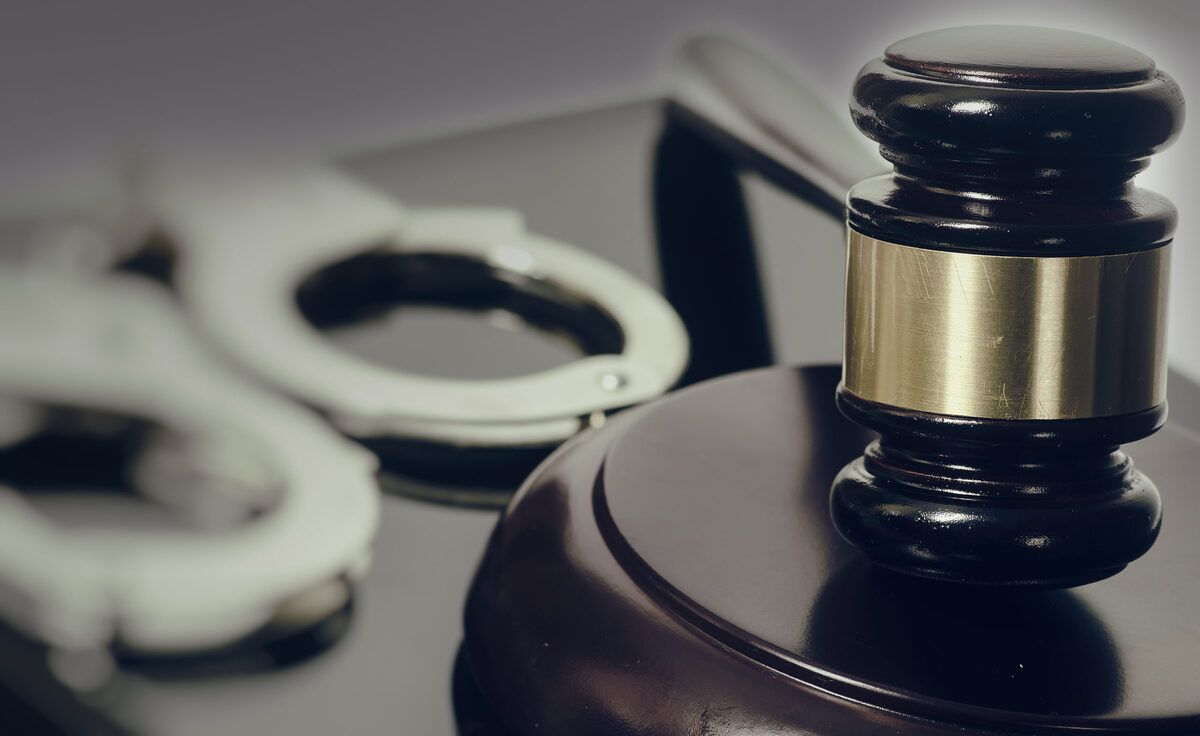
You Need a Tough, Dependable California Criminal Defense Lawyer if You Were Indicted for a Crime
Facing a criminal indictment in California can be daunting. You may have questions like, “What does it mean when you are indicted? What’s the first thing I should do if I am indicted for a crime?” You need these questions answered quickly.
Call the Law Offices of Kerry L. Armstrong, APLC, right away if you have been indicted for a crime.
San Diego criminal defense attorney Kerry L. Armstrong and his team have the experience and skills to help you mount a successful defense.
You have too much at stake if you have been indicted for a crime to trust your freedom to just anyone.
Indictment v. Information
If a prosecutorial agency in California charged you with a felony, you will need to know, “What does indictment mean for you?”
An indictment is one method of charging someone with a felony in California.
California uses the process of filing a pleading called “information” as the other method of bringing felony charges against you.
Bringing Felony Charges Against a Person
When someone reports a crime, the police respond and gather evidence. Then, they write a report detailing witness statements and the physical evidence collected.
The police officer can arrest a person at that time without a warrant if he or she has probable cause that a crime has been committed.
Otherwise, the officer will apply for an arrest warrant. This is the first step in the criminal justice system.
The person arrested then appears before the court for an arraignment. At that time, the person will enter a plea of not guilty, guilty, or nolo contendere (no contest).
The court will make sure the person has enough time to get a lawyer and will inform the accused of the charges pending at that time.
The Preliminary Hearing
One way to be formally charged with a felony is through a preliminary hearing. At a preliminary hearing, the prosecutor presents the case to a judge by calling witnesses and entering physical exhibits in evidence.
The accused must be present, along with their lawyer. The accused’s attorney can cross-examine the witnesses and present evidence as well.
The judge answers two questions at a preliminary hearing. The first is whether there is probable cause to believe someone committed a crime.
The second question is whether there is probable cause to believe the accused committed the crimes alleged.
The judge will then bind the case over for trial if the judge finds probable cause that a crime or crimes have been committed.
The Indictment Process
The second way to be charged with a felony is through an indictment from a grand jury. While very common in other states, grand jury indictments in California are relatively rare.
Prosecutors convene a criminal grand jury to investigate crimes. However, they could also use it for other reasons as well. Notwithstanding, a prosecutor has an ethical duty not to abuse the power of the grand jury.
Prosecutors can call witnesses under oath, who will give a sworn statement. The prosecutor can also use the grand jury to subpoena documents as well.
Once the grand jury hears the evidence from the prosecutor, it will vote on the evidence. Fourteen people must vote to hand down an indictment.
The accused does not appear to testify and has no right to cross-examine or present evidence.
If the grand jury hands down an indictment, then there is no need to have a preliminary hearing.
What Does “Indicted” Mean in Court?
An indictment is a critical step in the California criminal justice system. Consequently, receiving notice of an indictment triggers valuable rights guaranteed by the U.S. Constitution and the California State Constitution.
According to the U.S. and California Constitutions, after a grand jury indictment, you have the right to:
- A bail set, unless the case is a capital offense;
- A speedy trial;
- A public trial;
- An attorney;
- Be present at all proceedings;
- Compel witnesses to testify on your behalf;
- Confront and cross-examine witnesses;
- Not face the same allegations more than once;
- Remain silent; and
- Due process of law.
The right to due process of law includes the right to have a jury trial. A petit jury, which is the name of a jury at a trial, consists of twelve people who vote on your innocence or guilt.
Indicted for a Crime? Act Now Before It’s Too Late
An indictment is nothing more than a piece of paper that serves as notice to you that a grand jury has a strong suspicion that you committed a felony. An indictment is not a conviction.
You enjoy the presumption of innocence even after a grand jury indictment. But this does not mean you should just wait and see what happens.
The prosecution has the upper hand by indicting you rather than going to a preliminary hearing. You must level the playing field.
Turn things in your favor right away with help from San Diego Criminal Attorney Kerry L. Armstrong and his defense team. Contact us today for a free and confidential consultation by calling 619-234-2300.


